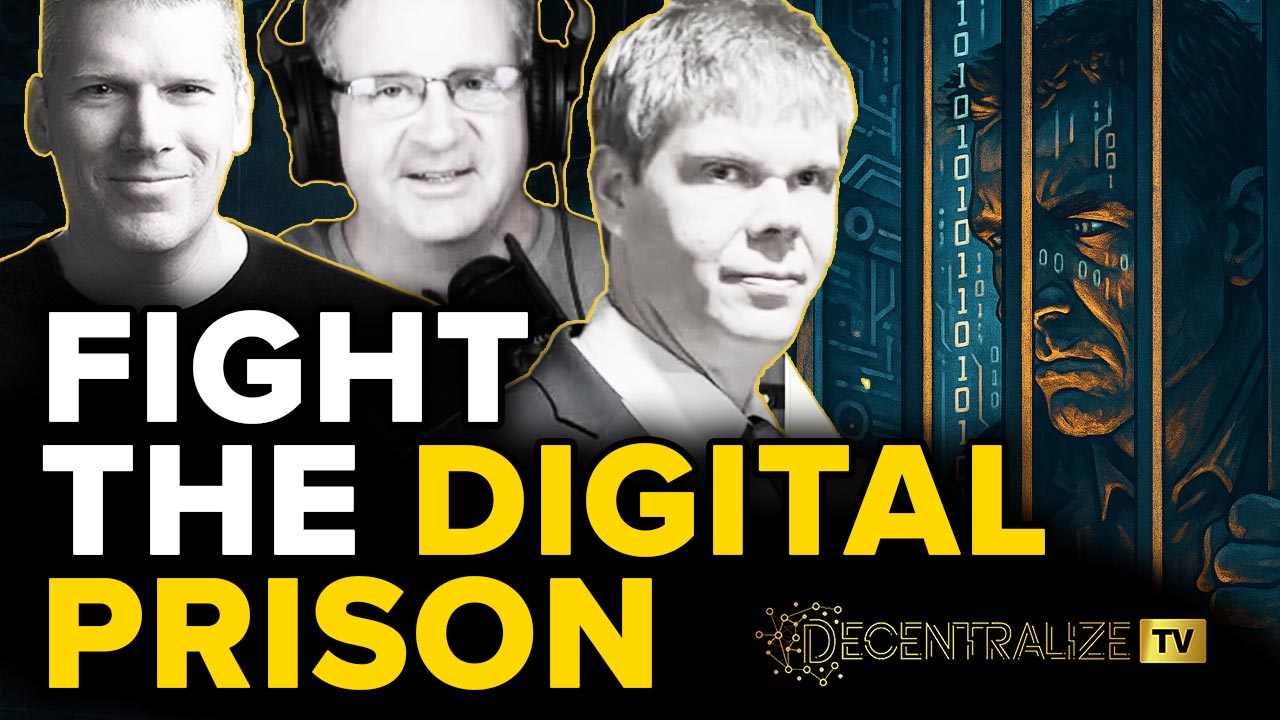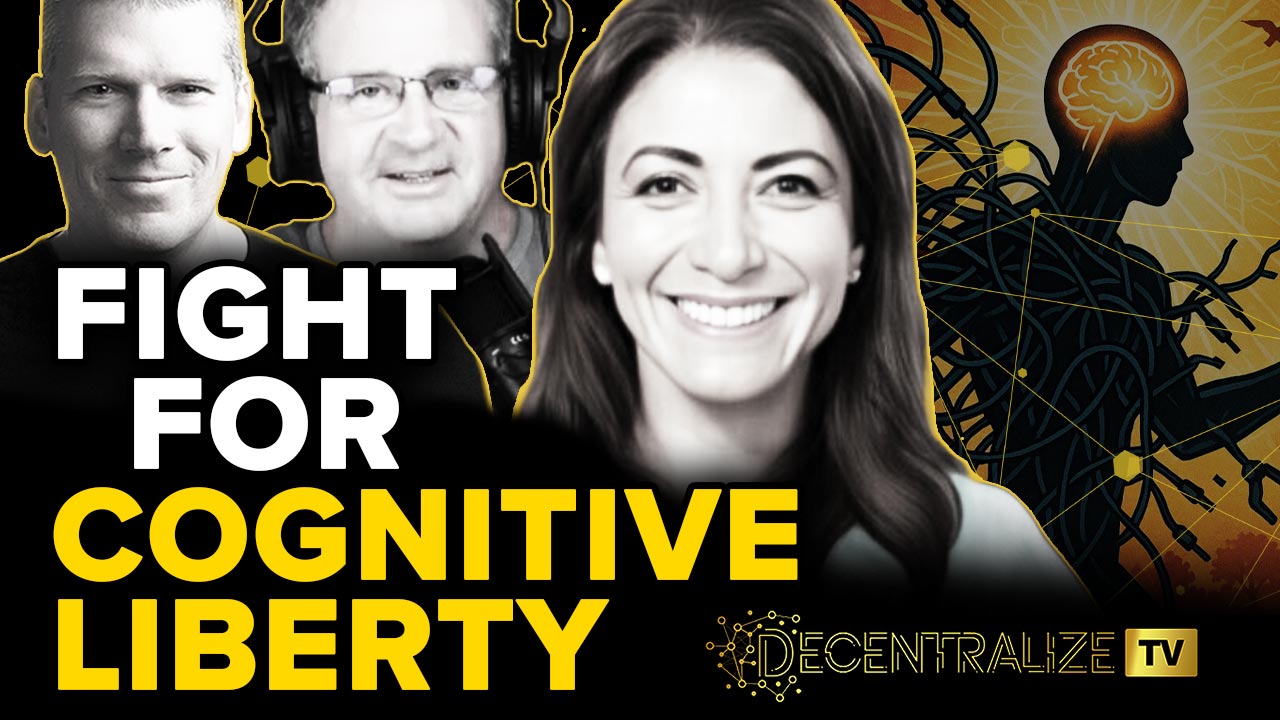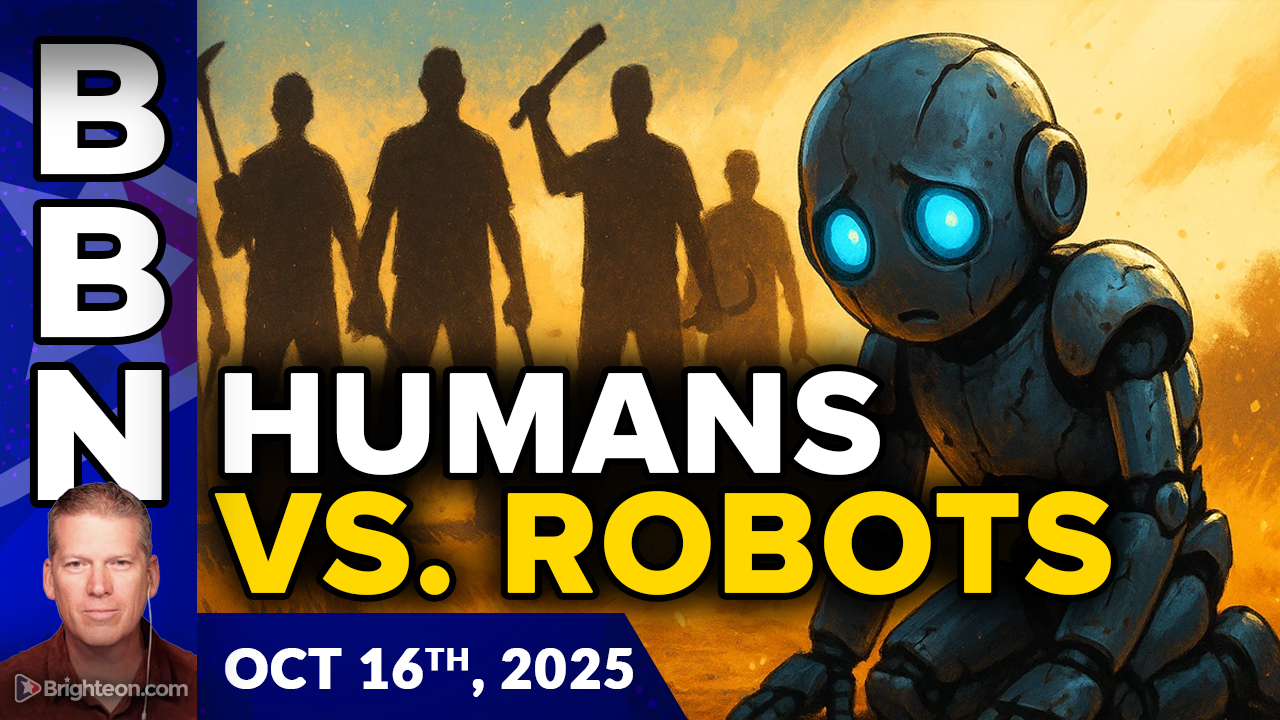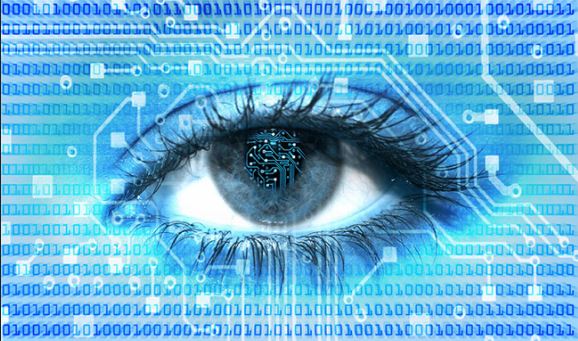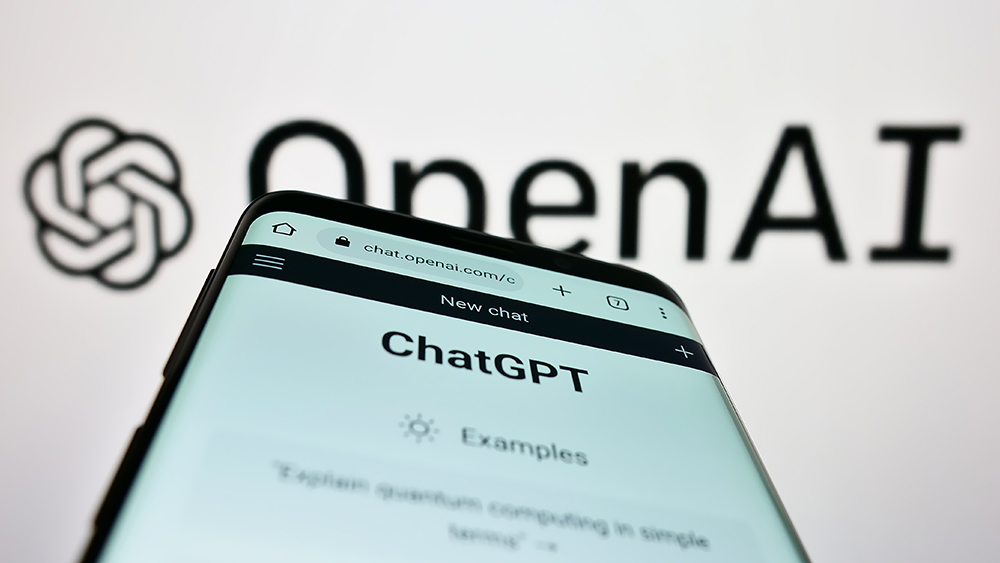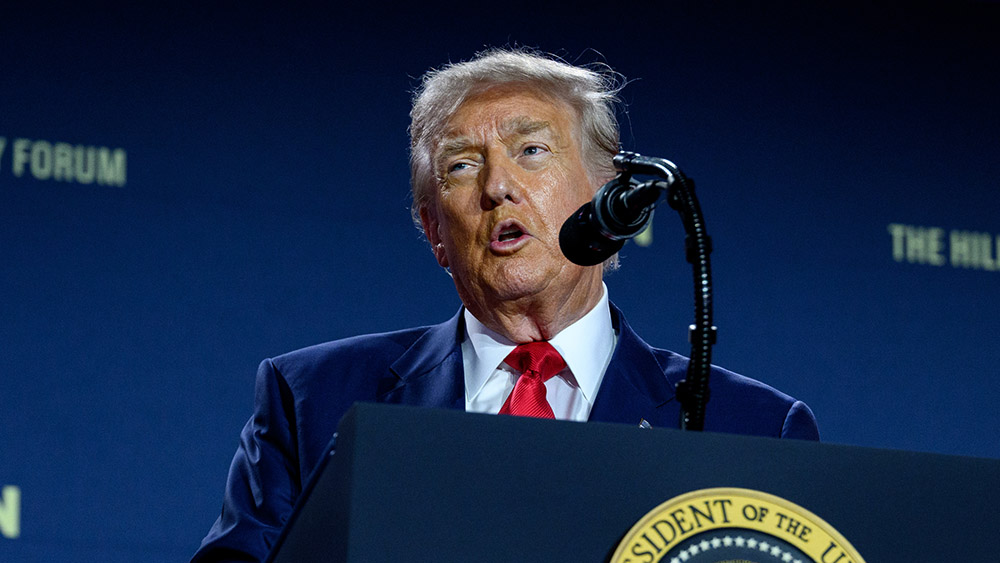Digital IDs: The global push for control and the fight for freedom
10/28/2025 / By Kevin Hughes

- Governments worldwide (Vietnam, U.K., U.S., EU) are accelerating digital ID programs under the guise of “modernization” and “fraud prevention.” Vietnam deactivated 86 million bank accounts overnight to enforce compliance with its national digital ID system.
- U.K. Prime Minister Keir Starmer openly advocates for digital IDs tied to employment, signaling coercive adoption. The EU aims for 100 percent citizen adoption by 2030 via the EUDI Wallet, while the World Economic Forum promotes digital IDs as tools for “economic transformation.”
- Digital IDs will likely pair with CBDCs, enabling punitive restrictions (carbon quotas, dissent penalties, financial lockdowns). Economist Doug Casey warned: “Money is freedom – digital IDs are the first step in mass state surveillance.”
- Digital driver’s licenses, biometric airport programs and CBDC proposals are paving the way for mandatory tracking. AI and quantum computing will accelerate surveillance, making resistance harder.
- Hold physical gold/silver outside the banking system. Learn Bitcoin and decentralized finance to bypass controlled systems. Develop self-sufficient skills to operate independently.
The rapid rollout of digital identification systems worldwide is sparking fierce debate over privacy, government control and individual freedom.
While proponents argue digital IDs offer convenience and security, critics warn they represent a dangerous shift toward mass surveillance and centralized authority – one that could fundamentally alter the relationship between citizens and the state.
From Vietnam to the U.K. and the U.S., governments are accelerating digital ID programs, often under the guise of modernization and fraud prevention. But as these systems expand, concerns mount over their potential to restrict financial access, limit mobility and enforce compliance through punitive measures.
“A digital ID, also known as a digital identity or digital identifier, is a unique set of attributes and credentials that confirm an individual’s identity in the digital world,” BrightU.AI‘s Enoch explained. It serves as a digital counterpart to a physical identification document, such as a driver’s license or passport. Digital IDs are essential for secure online transactions, access to digital services and verification of one’s identity in the digital realm.
The global push for digital IDs
In Vietnam, the State Bank recently deactivated 86 million bank accounts overnight as part of a “security upgrade” tied to a new national digital ID system. Similar moves are underway in Thailand, where financial transactions are increasingly linked to state-issued digital IDs.
Doug Casey, economist and libertarian commentator, warned that this trend is part of a coordinated global push toward centralized control.
“Money is a primary manifestation of personal freedom,” Casey told International Man. “Those who want to control other people – collectivists, statists, Marxists, the Woke, socialists – naturally want to limit the uses and the value of money.”
He draws parallels to past government overreach, such as President Franklin D. Roosevelt’s 1933 gold confiscation, where Americans surrendered their gold under executive order with little resistance. Today, he fears digital IDs and their inevitable pairing with central bank digital currencies (CBDCs) will further erode economic freedom.
U.K.’s digital ID scheme: From voluntary to mandatory?
In the U.K., Prime Minister Keir Starmer has openly advocated for digital IDs, suggesting they could become necessary for employment – a move critics see as coercive adoption.
“Governments would prefer everybody to be an employee,” Casey noted. “Employees have taxes extracted from their paycheck before they even see it… Entrepreneurs and independently employed people are in a much better position to avoid or evade taxes and regulations.”
The U.K.’s history with digital IDs dates back to Tony Blair’s post-9/11 proposal, which was scrapped in 2010 under Home Secretary Theresa May, who called it “intrusive.” Now, reports suggest Starmer’s Labour government is preparing a renewed push, initially marketed as optional but likely expanding to mandatory use for accessing essential services.
The EU and WEF’s Role
The European Union (EU) aims for 100 percent citizen adoption of digital IDs by 2030, facilitated by the EUDI Wallet, a mobile-based identity system. The World Economic Forum (WEF) has also championed digital IDs as a tool for economic and social transformation.
Critics warn these systems could evolve into social credit-style controls, where behavior deemed non-compliant—such as exceeding carbon quotas or expressing dissent – results in penalties.
“Digital ID is the first step in mass state surveillance and control,” warns an anonymous U.K. campaigner. “If this goes ahead, they will monitor every aspect of your life – where you go, what you spend, who you associate with.”
The U.S. and the slippery slope
In America, digital IDs are advancing through digital driver’s licenses, biometric airport programs and CBDC proposals. While framed as modernization, skeptics see a path toward mandatory compliance.
“Is this simply a natural progression because technology makes things smoother, cheaper and more accurate? Or is it a conspiracy of the elite to better control their subjects?” Casey mused. “It’s both.”
He warns that quantum computing and AI [artificial intelligence] will accelerate surveillance capabilities, making resistance harder. Yet, he sees hope in decentralized alternatives like Bitcoin, gold and private banking systems emerging outside government control.
Resistance and alternatives
As governments push forward, activists urge public resistance. Campaigns like Big Brother Watch in the U.K. advocate for non-digital ID options, while privacy-focused groups highlight risks of data breaches and identity theft.
Casey advised people to:
- Become crypto- and Bitcoin-literate to bypass controlled financial systems.
- Hold physical gold and silver outside the banking system.
- Develop self-sufficient skills to thrive independently.
Digital IDs may begin as voluntary conveniences, but history suggests they will become mandatory tools of control. From Vietnam’s bank account shutdowns to Starmer’s employment-linked IDs, the pattern is clear: Governments seek greater oversight over citizens’ lives. Will citizens accept these systems – or push back before it’s too late?
Watch investigative journalist Whitney Webb revealing that the globalist World Economic Forum wants every person’s access to the internet to be tied to a digital ID.
This video is from The Prisoner channel on Brighteon.com.
Sources include:
Submit a correction >>
Tagged Under:
AI, big government, bitcoin, CBDC, data breaches, digital IDs, European Union, freedom, identity theft, Labour Government, Liberty, mass surveillance, obey, private banking systems, Resist, totalitarianism, Tyranny, UK, US, Vietnam, world economic forum
This article may contain statements that reflect the opinion of the author
RECENT NEWS & ARTICLES
COPYRIGHT © 2018 ORWELLIAN.NEWS
All content posted on this site is protected under Free Speech. Orwellian.news is not responsible for content written by contributing authors. The information on this site is provided for educational and entertainment purposes only. It is not intended as a substitute for professional advice of any kind. Orwellian.news assumes no responsibility for the use or misuse of this material. All trademarks, registered trademarks and service marks mentioned on this site are the property of their respective owners.

